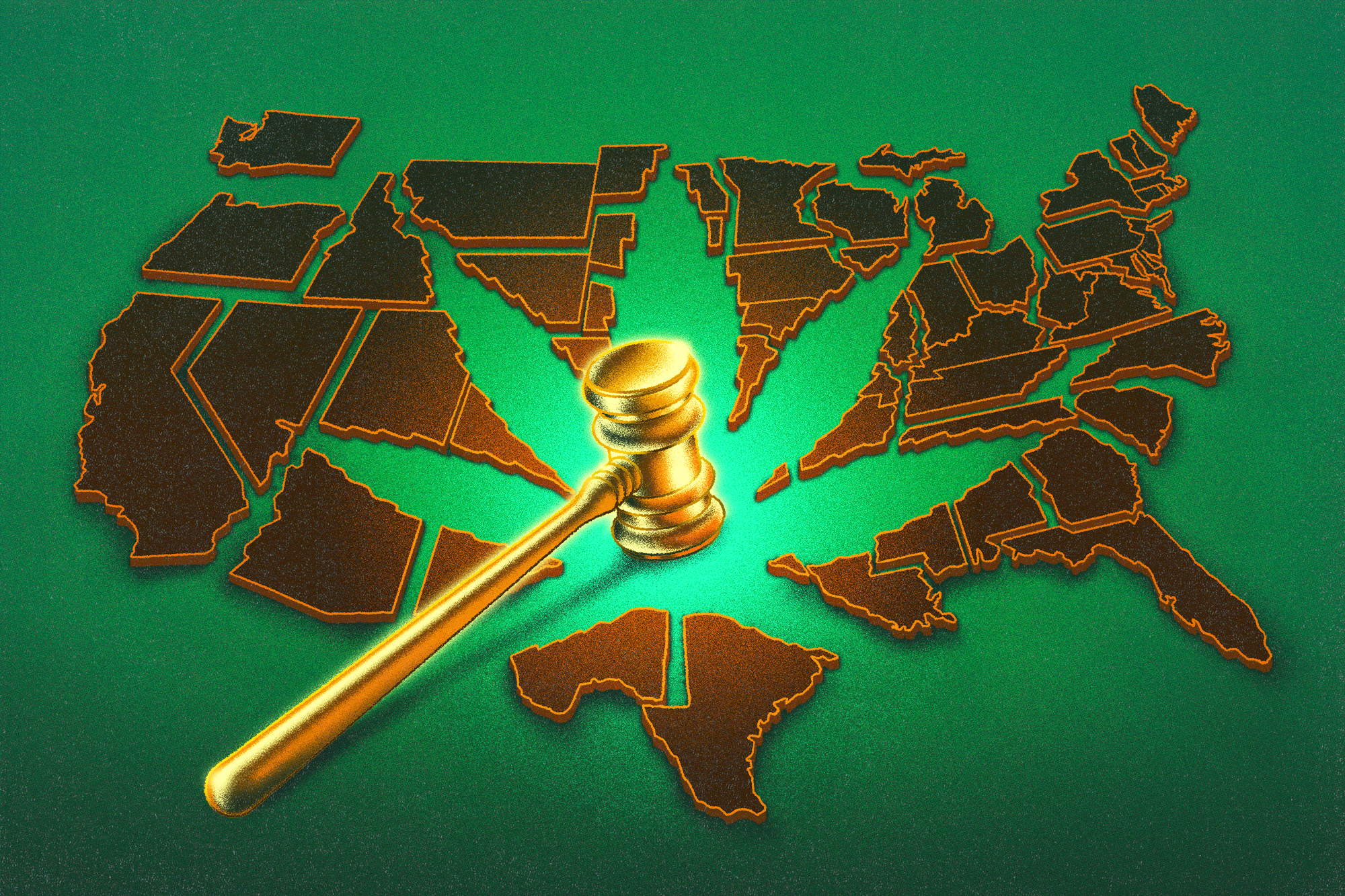Congress has been far behind the country when it comes to loosening cannabis restrictions. Lawmakers have failed to pass any significant changes to f
Congress has been far behind the country when it comes to loosening cannabis restrictions. Lawmakers have failed to pass any significant changes to federal policies, despite broad bipartisan support for proposals such as making it easier for weed companies to access banking.
But most cannabis policy watchers believe that something akin to federal legalization is inevitable in the coming years, given the dramatic shifts in state laws and public opinion, with 70 percent supporting legalization in
the most recent Gallup survey. That prospect could throw open state markets that have operated in silos due to federal illegality to interstate commerce.
That would make it easier for big national companies — who may vie to become the Anheuser-Busch of weed — to take advantage of economies of scale and become more dominant players.
The latest cautionary tale is New York. The state is in the midst of implementing the country’s most ambitious effort to use cannabis legalization as a tool to redress the harms from the war on drugs.
New York reserved all initial dispensary licenses for people who have been convicted of marijuana crimes or have an immediate family member with such a conviction. It’s also promising to provide funding, real estate and training to help these entrepreneurs launch successful businesses.
But a lawsuit filed in August by service-disabled veterans — arguing that they’re being unfairly shut out of the program — ground the licensing process to a halt. After four months of waiting in limbo, the veterans and the state struck a settlement agreement that lifted the injunction in December.
Still, only 35 licensed shops have opened for business more than two years after legalization was enacted.
Meanwhile, thousands of illegal dispensaries — an estimated 2,000 in New York City alone — have proliferated across the state.
That’s left entrepreneurs like Carson Grant frustrated with the program’s deficiencies. Grant, who was a young Black man in New York during the era of aggressive policing under then-mayor
Rudy Giuliani, was arrested numerous times for marijuana possession. This made it difficult to find work.
He says the employment barriers led him to turn to selling weed to support his two young daughters as a single father, which eventually landed him with two felonies, making it even more difficult to get a job.
In other words, he is exactly the type of entrepreneur that New York’s program is trying to help.
During a contentious meeting in June in New York City, Grant spoke out about being kept in the dark on the terms of a loan from the state for his business, the costs of building out his dispensary and how regulators continually ignored his efforts to find out the information he needed to launch his business.
“The way I look at this — this is financial slavery,” he said during an impassioned speech before state officials. “I’ve been traumatized and victimized again, just more lies and brushing things under the rug.”
www.politico.com

COMMENTS